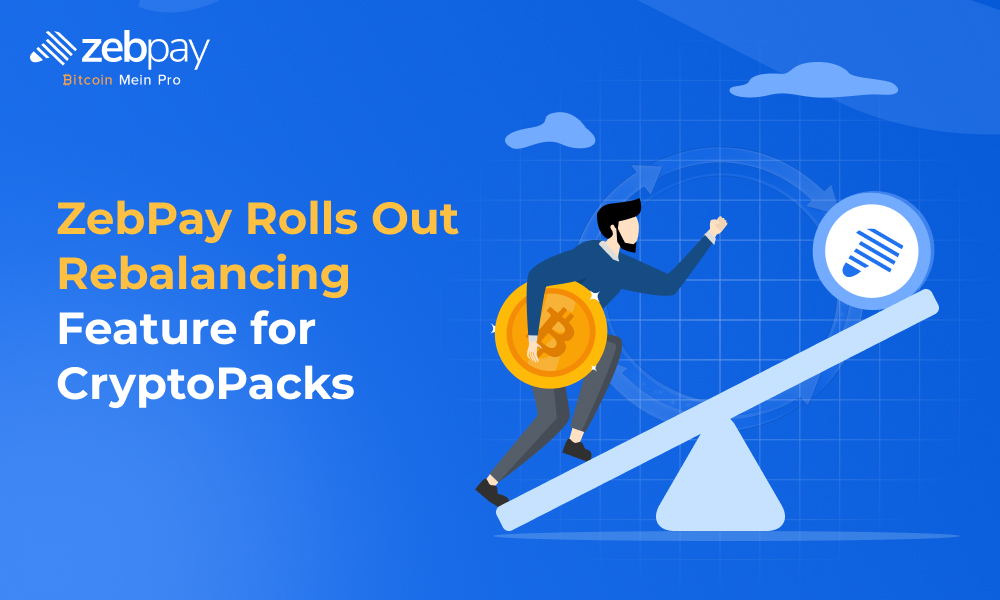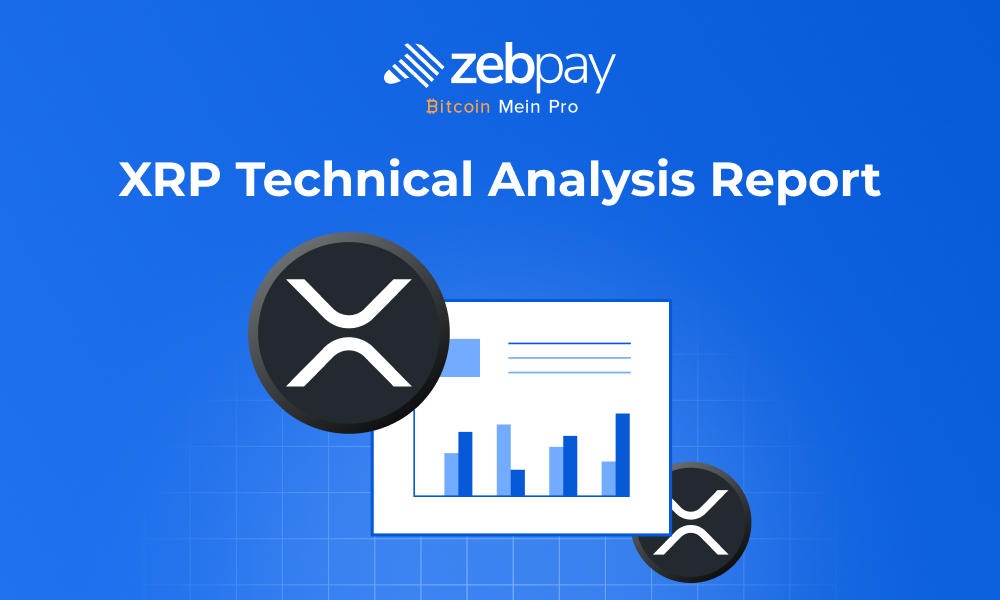With the rise in startups, seed funding has become very competitive to get that “great idea” alive.
Blockchain, being globally accessible and decentralized, helps startups raise capital with ease and low cost. Initial coin offerings and other blockchain solutions allow investors and to support startup projects at an early stage.
In 2017, ICOs or Initial coin offerings gained attention as the go-to crowdfunding method in the blockchain space. ICOs are similar to IPOs in the traditional stock market.
For a startup to offer an ICO, some aspect of the business should be blockchain-based. The crypto-tokens are sold cheap during the initial token sale, much like how stocks are valued during an IPO.
These tokens can be utility tokens or security tokens. Utility tokens offer a product or service in exchange for the token, and must be spent within a restricted ecosystem. Security tokens on the other hand promise a financial value, much like a stock or a bond, can be traded in an open market.
We’ve seen the rise of ICOs during 2017. Ethereum, which is the network behind the second largest cryptocurrency, Ether, conducted a successful ICO in its early stages. The DeFi project COSMOS is another example of a project that raised funding using ICO.
The ease of creating a smart contract on the Ethereum network helped projects to raise and access funds faster, and start working on their product. However, the boom of ICOs was also taken advantage of by scammers.There were fake projects, and frauds who tricked people into buying tokens for projects that never actually existed and then ran off with their money.
ICO, since it was an unregulated process,had to be modified to protect investor funds and help the legitimate project. In 2017 it was difficult to regulate ICOs since there were no clear regulations around blockchain or cryptocurrency itself in most countries. These days, countries like the US and Singapore are trying to promote blockchain-based businesses by implementing regulations on cryptocurrencies.
STOs and IEOs gained popularity with the inclusion of such regulations, either from the government authorities or by exchanges.
STO or security token offerings, puts security tokens on sale in the seed round of fundraising. These security tokens can be a token-form of equity shares or other commodities which bear a financial value. They can be used to vote or traded on an exchange.
Since any commodity or item can be tokenized, there is a vast unexplored area for security tokens in blockchain-backed crowdfunding. Equity token offerings are one of the best examples of security token offerings.
In making these processes more secure and regulated, IEOs which are Initial Exchange Offerings, trust the exchanges to perform their due diligence and only allow genuine projects to do their seed funding through the exchange.
Unlike ICOs, startups need to pay exchanges to issue IEOs on their behalf. In return, the exchange takes care of the token distribution, marketing, and later on the trading of the coins. Getting access to the user base of the exchange is an added benefit for the startups.
The landscape of crowdfunding using blockchain is still new and growing. The scope of NFTs, non-fungible tokens, and other innovations in the blockchain space, benefit all parties involved in the process.
Effect on startups:
Blockchain eliminates the intermediaries involved in the crowdfunding and fund-raising process, lowering the cost of seed funding. With faster access to funds, the startup team can launch its project sooner. Routes like IEOs help the project connect with a global user base and begin marketing at the seed stage itself.
What role can governments play in facilitating IEOs?
Effective regulations help startups and businesses take advantage of blockchain technology. Using a blockchain for the seed funding will reduce operational costs and help achieve the goal of the government to promote entrepreneurship.
Such regulation would include background checks and prospectus requirements to fight fraud and protect investors. Backed by sound regulation, IEOs offer a new and potentially large source of revenue not just for startups, but also for governments.
How can Investors participate?
Investors in blockchain-based seed funding, like those in stocks or other markets, should do their due diligence. Doing a fundamental analysis, reading the white paper, keeping up with the roadmap of the project, and checking the social profiles of the project leaders can be a good starting point for research.
To conclude
Blockchain can bring investors and innovators together
The best products and services we use today started off as a startup. All startups need funding, but many projects struggle to reach a stage where they can go for an IPO to raise capital. Blockchain technology can lower the barrier and let small startups access capital in a low cost and transparent process. Many successful startups have used ICOs and other blockchain crowdfunding resources. With clear regulations and laws around blockchain technology and crypto-assets, startups, governments, and investors can come together to strengthen the economy.











